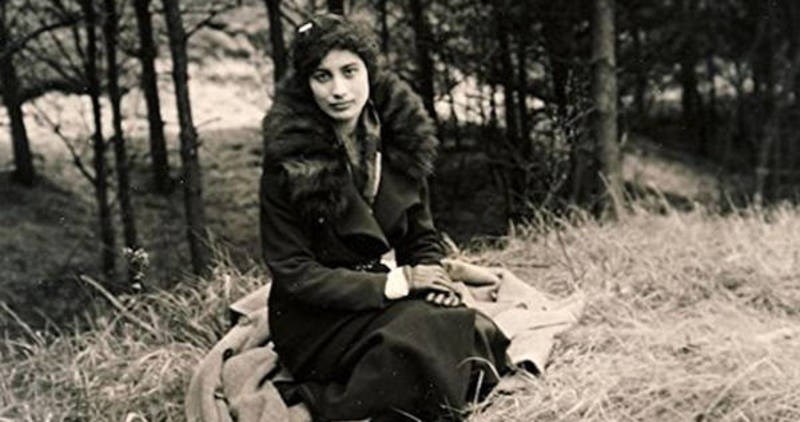Seventy-five years ago last month, a young British agent in occupied France was captured by the Gestapo, beaten relentlessly, then shot in the head. Noor Inayat Khan had refused to talk.
Unfortunately, the Maquis group she joined had been thoroughly penetrated. Almost all were rounded up, Noor among them.
And sadly, this was no exception. At one point nearly every British agent dropped into the Netherlands was in German hands.
Worse, the Special Operations Executive that trained and sent these young men and women, knew it.
But the S.O.E. at that time was locked in a bureaucratic struggle with senior military officers who distrusted such “irregulars.” For months, more agents were sent to Holland over the protests of mid-rank officers who had uncovered the truth.
This is an unpopular thing to say in light of the unbelievable heroism often displayed, but parachuting agents into enemy territory to liaise with local resistance groups was more often tragedy than triumph.
There were exceptions, particularly in the case of armed commandos who could fight their way in and, hopefully, out.
Twice the German heavy-water plant at Telemark in Norway was attacked by a combination of British and Norwegian special forces.
Heavy water at that time played an essential role in attempts to build a primitive nuclear reactors. All of the laboriously distilled supplies were destroyed.
And two Polish expatriates dropped from an Royal Air Force bomber succeeded in assassinating Reinhard Heydrich, the butcher of Prague. Heydrich, who played a leading role in organizing the Holocaust, was believed by many in the Nazi party to be Hitler’s natural successor.
So yes, his death mattered, though in retaliation the Gestapo burned the Polish village of Lidice to the ground and murdered every man and boy.
But there was a massive difference between inserting armed forces who could, at least in theory, take care of themselves, and dropping defenceless agents behind enemy lines.
Many were entirely unprepared for what lay ahead. Noor herself was said to have trembled uncontrollably when briefed on her mission.
But she was a pretty young thing, just what the men who ran S.O.E. were looking for. Feminine wiles and all that.
Much good it did. These agents were always at risk of betrayal, either by collaborators, or inevitable slip-ups. They couldn’t live off the land or lie low. Their whole purpose was to remain in close contact with resistance organizations, provide money and supplies, and radio their needs back home.
But that placed them irretrievably in harm’s way. Many of these Maquis groups, though brave beyond measure, lacked internal discipline and discretion.
Some members boasted to neighbours of the role they were playing.
Others ignored basic safety precautions.
And in the Gestapo, they faced a fearsomely well-organized enemy who knew exactly how to exploit the fears of local residents.
So was there a legitimate military objective in this campaign? Arguably, yes.
To support the D-Day landings, resistance groups were to bomb railways and tunnels, with the aim of hindering the transport of reinforcements from the rear.
But how large a part these efforts played, and at what cost, hasn’t to my knowledge been assessed in any serious manner. Interestingly, most of S.O.E.’s files were lost in a mysterious fire at the end of the war.
The assumption has always been that the bravery of these agents was justification enough for sending them, and reason enough not to ask questions.
I very respectfully disagree. The horrors visited on those who were captured more than outweighed whatever benefits accrued.
Assistant Section Officer Noor Inayat Khan, G.C. (George Cross, posthumous) and C. de G. (Croix de Guerre posthumous), was just 30 when she died at Dachau. The last word on her lips was Liberté, a brave sentiment, but arguably a needless death.



